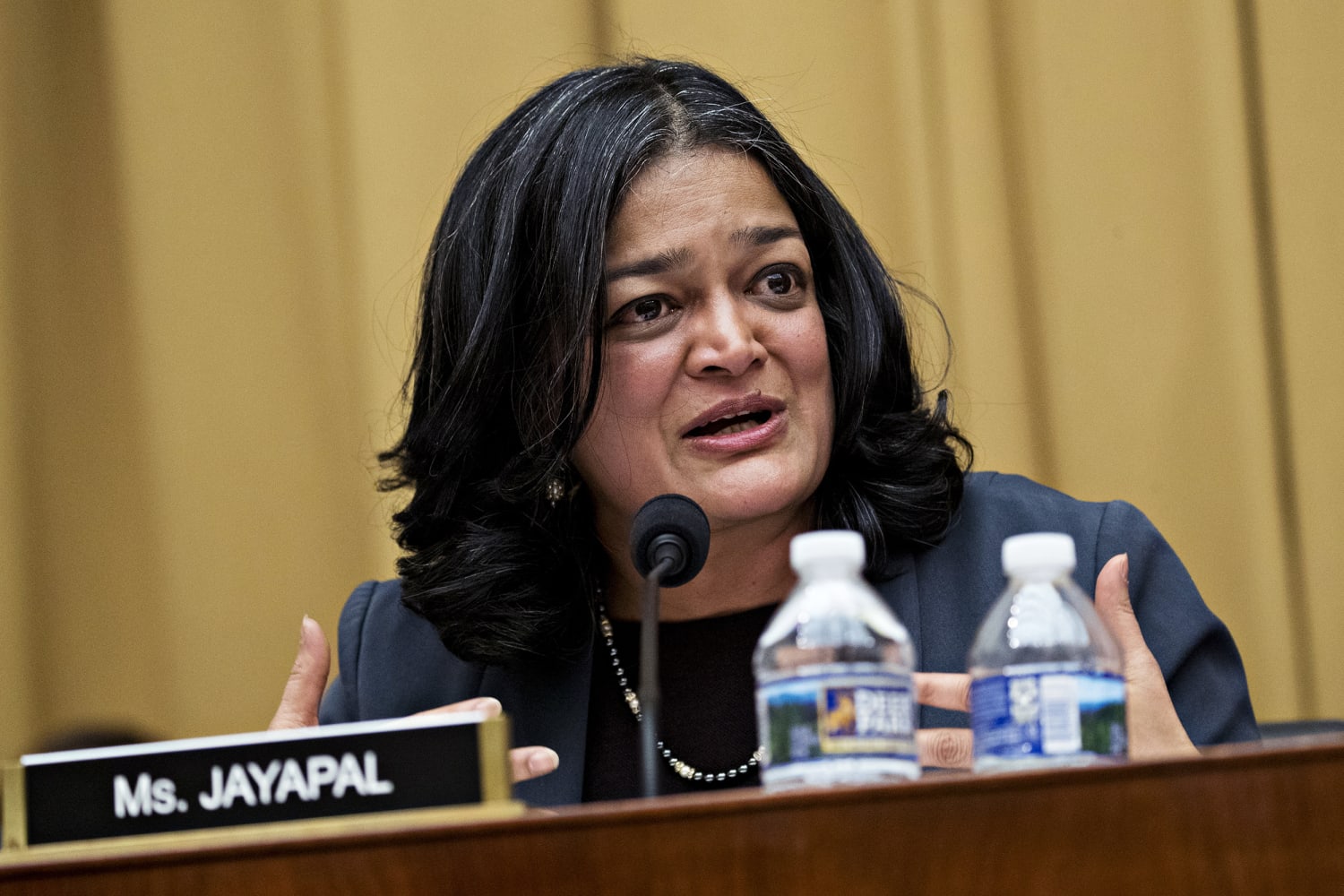
Some analyses of Trumpism and Republican populism have claimed to detect a strain of anti-corporate sentiment. It is true that today’s right-wingers are willing to criticize big tech companies for supposedly treating them unfairly, but most of the times the GOP continues to serve the interests of big business.
That was clear during an important hearing just held by the House Judiciary Committee’s subcommittee on antitrust, commercial and administrative law. Subcommittee chair David Cicilline, vice chair Pramila Jayapal, other Democratic members and the witnesses all raised serious questions about the current regulatory system, focusing on issues such as disclosure and social equity.
The Republicans, on the other hand, did their best to change the subject or spoke in favor of less rather than more oversight. Ranking member Ken Buck used his opening remarks to attack “executive overreach” and praise the Trump Administration’s wholesale attack on regulation.
Jim Jordan spent his time attacking what he claimed was a plan by the Justice Department to treat parents critical of school boards as domestic terrorists. One of the witnesses, NAACP climate justice director Jacqueline Patterson, was asked by Dan Bishop whether she was a revolutionary. She was also chastised for a facetious tweet about vaccines. The comments of GOP members on regulation were mainly limited to attacks on “woke bureaucrats.”
Despite these antics, there was a serious exchange between the Democrats and the witnesses on the failures of the current regulatory system. These issues are also addressed in the Stop Corporate Capture Act introduced by Rep. Jayapal. The legislation would create more transparency in rulemaking, reduce corporate influence over the process and create a framework for considering social equity. It would fine companies that lie about the impact of public interest rules. It would also create a Public Advocate to provide for more robust public participation.
It turns the usual discussion on its head. Rejecting the idea of executive overreach, the bill correctly diagnoses the problem as a situation of what one might called regulatory anemia. Agencies are not aggressive enough in tackling serious problems relating to the environment, the workplace and the marketplace. The parties meant to be targeted instead are playing an outsized role in creating the rules. Hence the reference in the bill’s title to regulatory capture.
Jayapal’s proposal is what one might call a populist approach to reforming the regulatory system—one that is not likely to receive support from corporate lobbyists. When they are not simply kicking up dust, Republicans, by contrast, are doing the bidding of big business by continuing the Trump Administration’s drumbeat against regulation.
This is one of those areas in which the conventional labels of U.S. politics continue to baffle me. Why are those working to benefit giant corporations called populist, while those who are seeking to rein in that power called elitist?